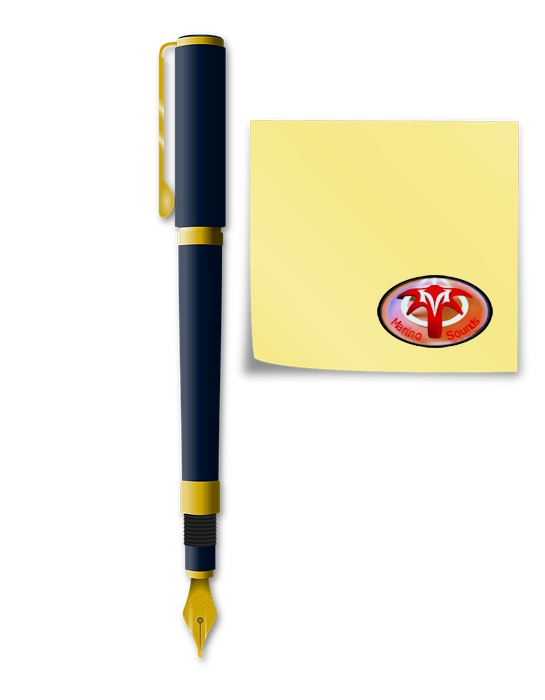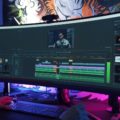Many individuals who are passionate about music also pursue careers in music education. There are various fields of music education, and if you are skilled in one or more of them, you will likely find employment. The first step for a music instructor is to decide on their area of expertise, whether it is a particular instrument, voice training, music theory, or music history. The next step is to evaluate your knowledge on the subject. If you hold a Bachelor of Music, Bachelor of Music Education, or Master of Music degree, you are likely qualified to teach at any level. However, if your knowledge does not extend that far, you should consider teaching at a more basic level. Regardless of your qualifications, it is essential to be honest about your skills with your students.
It is also important to consider who you want to teach. Perhaps you would like to help children take their first steps in music. Or maybe you want to work with older children or adults who are beginning or continuing their education. Be sure to tailor your lessons accordingly and, if necessary, seek advice from pedagogues so that you know how to work with a child. Lesson planning is challenging, and never assume that only adults will notice if you have not prepared the lesson. A child will notice and may become bored or even give up if they feel that you are not putting in effort.
Scheduling can also be difficult. Whatever you do, do not schedule multiple students for the same time slot, and try not to extend the lesson past its designated time. Doing so is unprofessional and may give the impression that you do not value your students’ time. Remember the hours when children are in school and are not available for lessons. Additionally, keep in mind that a six-year-old’s attention span is not the same as a 16-year-old’s, so the length of the lesson will depend greatly on the student. It also depends on you and your teaching style.
Regarding teaching techniques, there are many different music education methods available. One of the most well-known is the Suzuki Method, but others include the Dalcroze Method and the Yamaha Method. Even if you choose not to follow any of these methods, it is worthwhile to learn about each of them. Doing so will broaden your perspective and allow you to see your work in a different light. In the end, you may even take some inspiration from these methods, even if it is subconsciously.
Manuel Marino is a seasoned Senior Producer, Music Composer, and Artist with over a decade of experience. He specializes in branded entertainment across various mediums, including video games, films, and advertising campaigns. With 20+ years as a game music composer, Manuel has worked on numerous platforms, creating diverse orchestral soundtracks. HIRE ME


 Manuel is a passionate, driven, and techsavvy AV technician,
Manuel is a passionate, driven, and techsavvy AV technician, 










